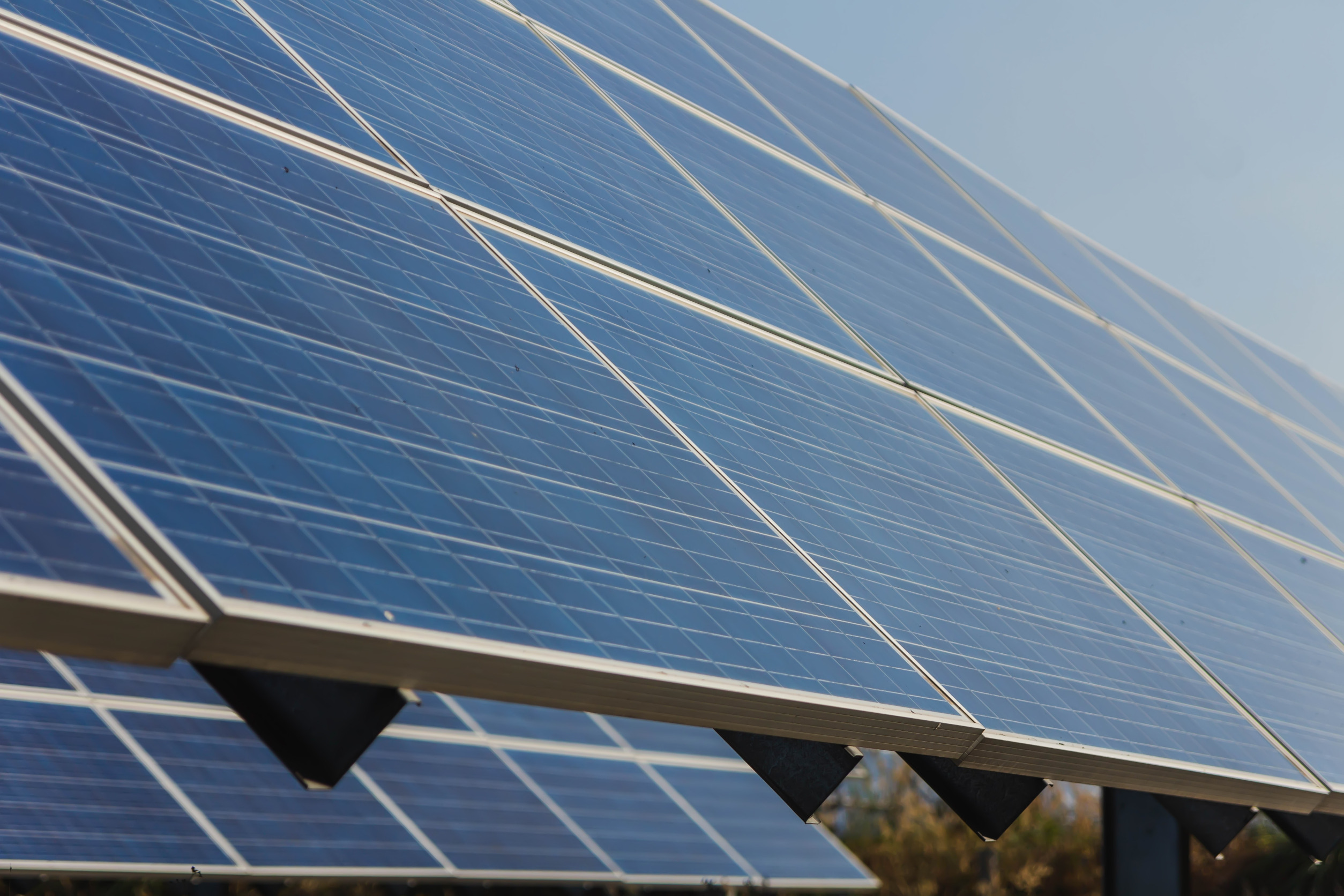Inflicting heavy fines on developers of a project billed as supplying clean, renewable energy, a federal jury has awarded a couple in southwest Georgia $135.5 million after runoff from “Lumpkin Solar” severely polluted waters and soils on their rural property.
According to a lawsuit filed by Shaun and Amie Harris, Lumpkin Solar’s developers – after clearing about 1,000 acres of timberland, farmland, and land previously used for hunting and fishing – failed to install adequate measures for erosion and sediment control.
“The result is what one would expect – when it rained, pollution poured downhill and downstream onto the neighbors’ property, inundating wetlands with silt and sediment, and turning a 21-acre trophy fishing lake into a mud hole,” said James E. Butler, the couple’s attorney, in a statement.
The companies slapped with stiff fines are Nashville, Tenn.-based Silicon Ranch Corp. and its contractor IEA Inc. “According to the lawsuit, Silicon Ranch Corp. has developed more than 160 solar panel facilities across the country, many of which were built by IEA,” the Associated Press reported (May 3).
“Created, Operated, and Maintained a Nuisance”
Despite the companies’ extensive experience in building and operating solar farms, Federal District Judge Clay D. Land found them seriously lacking in the case of Lumpkin Solar. The companies “created, operated, and maintained a nuisance … that caused sedimentation to pollute plaintiffs’ wetlands, streams, and lake. The court further finds that this nuisance has continued for approximately two years unabated,” Judge Land said in his order.
The fines assessed were compensatory and punitive. Compensatory damage was set at $10.5 million. For the solar farm developers, that was the good news. In the punishment phase, the jury found that Silicon Ranch Corp., IEA, and IEA Contractors, LLC, a subsidiary of IEA Inc., acted with specific intent to cause harm. The jury imposed $25 million in punitive damages against Silicon Ranch Corp., $50 million against IEA Inc., and $50 million against IEA Contractors, LLC, the AP reported. In an email to the Associated Press, Silicon Ranch said it would appeal the verdicts and blamed its contractor for the problems at Lumpkin Solar. The company also reiterated its commitment to Stewart County, where the town of Lumpkin is located.
The pollution caused by the solar farm near Lumpkin is no isolated incident.
“Runoff from a growing number of giant solar farms polluting rivers and streams in rural South Georgia is becoming a major concern,” reported Georgia Public Broadcasting last October, citing the opinion of the state’s environmental regulators.
The Meta Connection
In addition to polluting the environment they are said to protect, solar farms often produce electricity, albeit intermittently, for a narrow but powerful segment of society. As noted by Ken Braun in RealClearEnergy, the Lumpkin Solar farm is designed to supply power to a Georgia data center run by Meta, the parent company of Facebook. Even after the developers of the ill-fated Lumpkin Solar farm were five months into their lawsuit, Braun points out, Meta’s renewable energy chief had nothing but praise for the Georgia facility.
“We thank Silicon Ranch … for their dedication to successful execution and for sharing our commitment to have a positive impact on the communities where we locate,” the Meta official said.
Meta, it is worth noting, is an enthusiastic supporter of environmental, social, and governance (ESG) investing. The company’s commitment to the “E” in ESG is called into question, however, by its participation in a solar energy project that uprooted timberland and farmland in order to build a taxpayer-subsidized solar farm that wound up polluting wetlands and soils on somebody else’s land.
